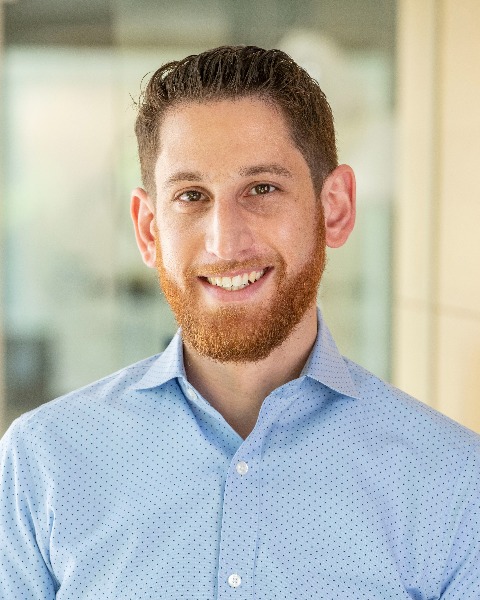
Jonathan D. Herman, MD PhD (he/him/his)
Instructor
Brigham and Women's Hospital / Ragon Institute
Jonathan Herman is a physician scientist who received his M.D. Ph.D. at Harvard Medical School. He worked with Professor Dyann Wirth at the Harvard School of Public Health for his PhD research and focused on molecular parasitology, infectious disease genetics, and genomics with a focus on drug resistance. In the Wirth lab, he identified the prolyl-tRNA synthetase as the target of the ancient Chinese herbal remedy isolated from Dichroa febrifuga. From tracing in vitro evolution of drug resistance to the febrifugine analogue halofuginone, he found the first ever case of non-genetic, stable, and heritable drug resistance. After completing his M.D. Ph.D., he completed his Internal Medicine Resident at New York Presbyterian / Weill Cornell Medical Center. Currently, Jonathan is a Research Fellow at the Ragon Institute and an Associate Physician in Infectious Disease at Brigham and Women’s Hospital.
Inspired by burgeoning field of cancer immunotherapies he saw at Memorial Sloan Kettering as a house office, Jonathan redirected his research career to human immunology. Jonathan learned the fundamentals of systems antibody immunology and non-neutralizing functions of antibodies in the laboratory of Galit Alter, Ph.D., now a VP at Moderna. Jonathan is currently an Instructor at Harvard Medical School working in the laboratory of Facundo Batista, Ph.D. at the Ragon Institute of MGH, MIT. Professor Batista is a leader in the field of B cell immunology and expert in pre-clinical vaccine models of malaria immunity. Jonathan is bridging human systems immunology and B cell biology to redefine the role of antibody-mediated protection from malaria using the model of the malaria irradiated sporozoite vaccein (PfSPZ). He is applying and developing cutting edge systems immunology approaches to revolutionize rational design of malaria vaccines and developing new antibody and B cell systems immunology tools essential to piece apart human correlates of vaccine mediated protection.
Poster(s):
-
Thursday, October 12, 202312:15 PM - 1:30 PM US ET
